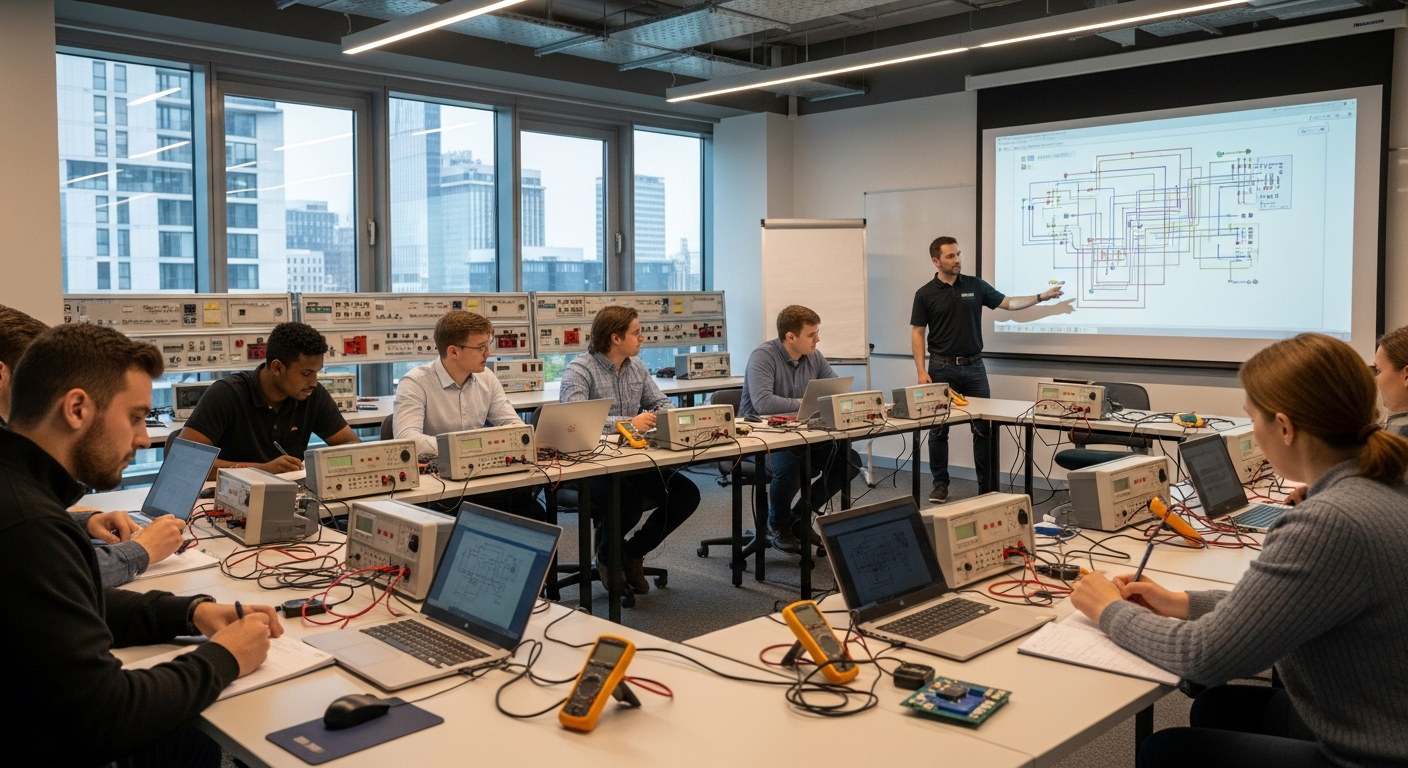Title: The Legal Intricacies of Space Mining: A New Frontier
Introduction: As humanity ventures further into space, the prospect of mining celestial bodies for valuable resources has moved from science fiction to potential reality. This emerging field raises complex legal questions that challenge existing international space law frameworks and terrestrial mining regulations.
Historical Context of Space Law
The legal framework governing outer space activities has its roots in the Cold War era. The 1967 Outer Space Treaty, ratified by 110 countries, serves as the foundation for international space law. This treaty established key principles, including the non-appropriation of celestial bodies and the peaceful use of outer space. However, it was drafted at a time when space mining was not a realistic possibility, leaving significant gaps in addressing the legal implications of resource extraction in space.
Current Legal Landscape
As space mining inches closer to reality, the inadequacy of existing laws becomes increasingly apparent. The Outer Space Treaty prohibits national appropriation of celestial bodies, but it does not explicitly address the extraction and ownership of space resources. This ambiguity has led to varying interpretations and conflicting national legislations. The United States, Luxembourg, and the United Arab Emirates have passed laws recognizing private ownership of space resources, while other nations argue that such unilateral actions violate international law.
Emerging Legal Challenges
The prospect of space mining raises numerous legal questions. Who has the right to extract resources from celestial bodies? How should the benefits be shared among nations? What environmental protections should be in place? These questions touch upon issues of property rights, resource management, and environmental stewardship in a context where traditional notions of sovereignty and jurisdiction do not apply. The resolution of these challenges will require innovative legal thinking and international cooperation.
International Efforts and Negotiations
Recognizing the need for a clearer legal framework, various international bodies are working towards developing guidelines for space resource utilization. The United Nations Committee on the Peaceful Uses of Outer Space (COPUOS) has been at the forefront of these discussions. However, reaching a consensus among nations with diverse interests and capabilities in space exploration remains a significant challenge. The ongoing negotiations aim to balance the interests of spacefaring nations, developing countries, and private entities while ensuring the sustainable and peaceful use of outer space.
Implications for Global Resource Management
The development of space mining could have profound implications for resource management on Earth. The potential influx of rare metals and minerals from space could disrupt terrestrial mining industries and global commodity markets. This raises questions about how to integrate space resources into the global economy without causing economic instability. Additionally, the prospect of accessing vast resources in space could alleviate some of the environmental pressures associated with terrestrial mining, but it also risks exporting unsustainable extraction practices to other celestial bodies.
The Role of Private Entities
Private companies are playing an increasingly significant role in space exploration and the development of space mining technologies. This shift from purely government-led space activities to a more commercialized space sector adds another layer of complexity to the legal landscape. How should the activities of private entities be regulated in space? What liabilities and responsibilities should they bear? The answers to these questions will shape the future of space law and the governance of space activities.
Environmental Considerations
As we contemplate the extraction of resources from celestial bodies, environmental concerns cannot be overlooked. The preservation of space environments for scientific study and future generations must be balanced against the potential benefits of resource utilization. Developing a legal framework that incorporates principles of sustainable development and environmental protection in the context of space activities is crucial. This may involve adapting terrestrial environmental laws to the unique challenges of the space environment.
The Path Forward
As we stand on the brink of a new era in space exploration and utilization, the development of a comprehensive legal framework for space mining is imperative. This framework must be flexible enough to accommodate technological advancements while providing clarity and stability for all stakeholders. International cooperation, innovative legal thinking, and a balance between resource utilization and preservation will be key to navigating this new frontier. The decisions made in the coming years will not only shape the future of space exploration but also have far-reaching implications for resource management, environmental protection, and global economic dynamics on Earth.







